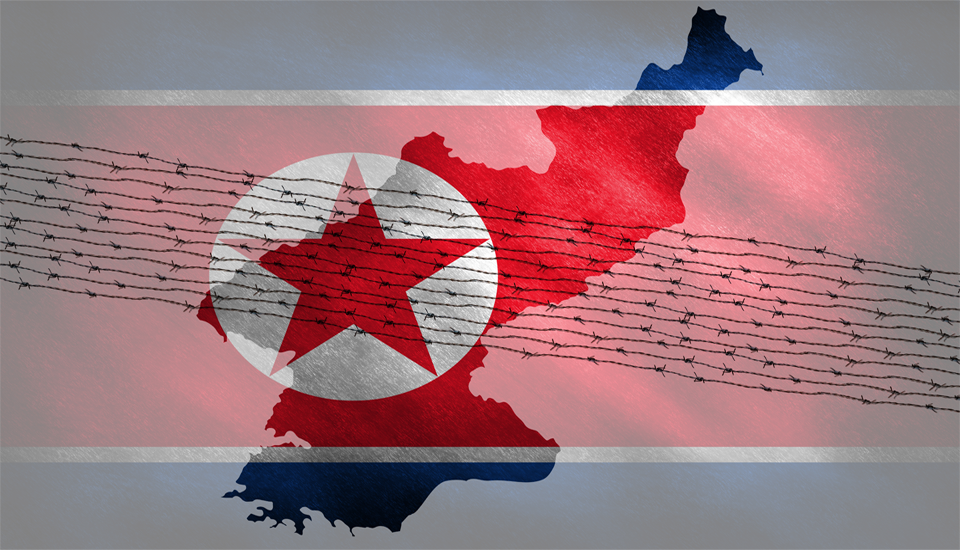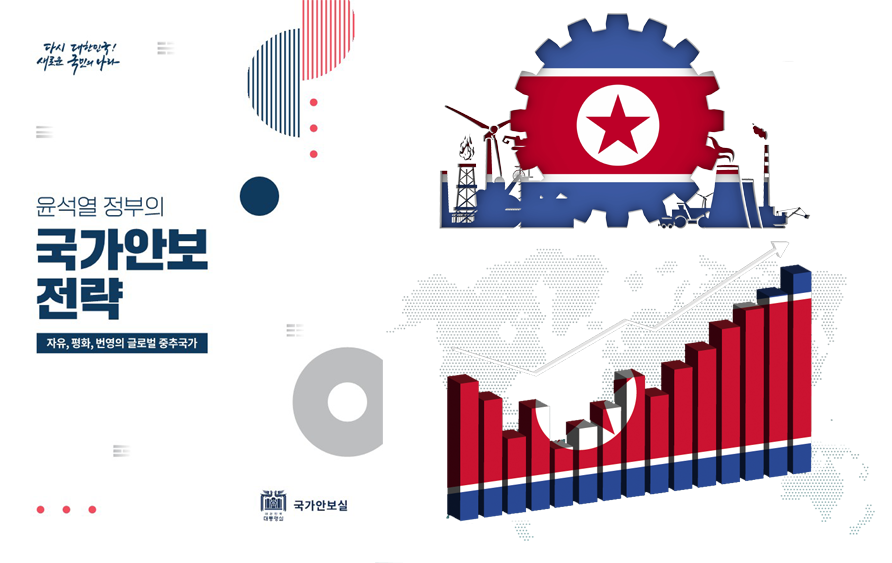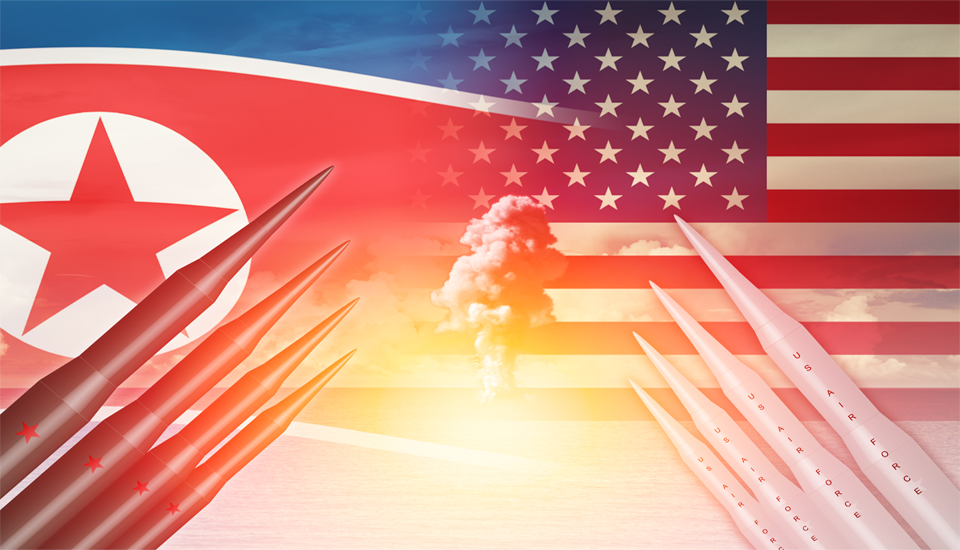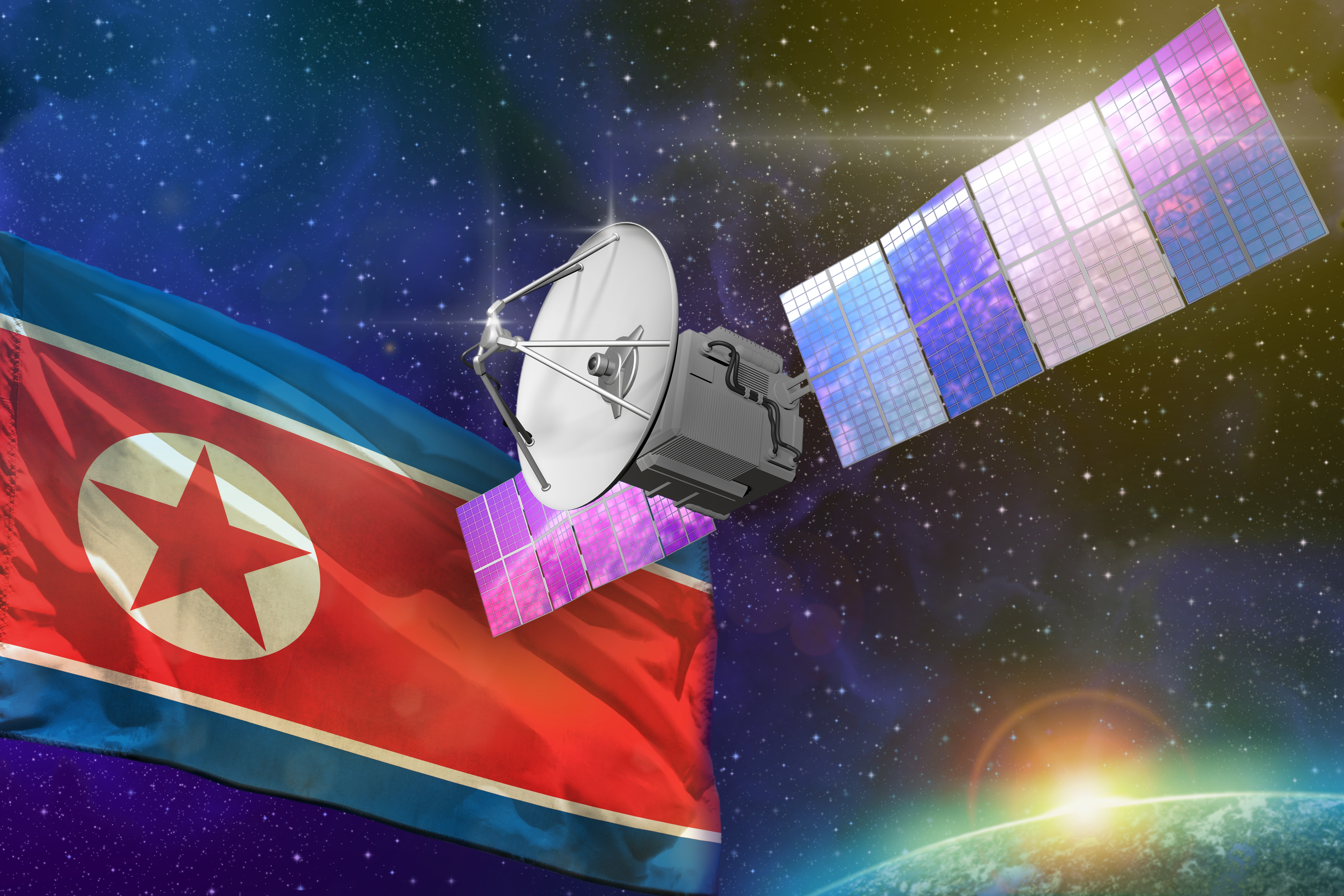East Asia Institute's Global NK: Zoom & Connect conducts an expert-driven analysis to explore the human rights policies South Korea and the international community should pursue. The issue of North Korea's human rights is a critical problem that garners significant attention from the Korean Peninsula, the international community, and the United Nations.
The attention to human rights issues has been relatively low due to North Korea's development of nuclear weapons. It is also worth noting that rather than improving North Korean residents' human rights, there need to be more effective and meaningful North Korean human rights policies due to the difficult task of denuclearization. Now is a pivotal moment to comprehensively analyze and develop strategies to understand North Korean human rights and the debates surrounding it.
The issue of North Korean human rights takes issue with the universal and unique human rights aspects. Human rights are inherent and universal values that should always be protected regardless of political systems or socio-cultural situations. However, considering the situation of the division of the Korean Peninsula and the unique political regime in North Korea, some argue that a different approach is needed in addition to the conventional perspective on human rights. Instead of directly tackling North Korea's human rights issues, they suggest that these can be more effectively addressed when North Korea returns as a member of the standard international community and when the international environment faced by North Korea improves.
Conflicting North Korean human rights viewpoints highlight ideological, political, and policy divergences. However, it is essential to acknowledge that these disparities stem from varying levels of analysis and should be addressed through informed debates and effective policy measures.
North Korean human rights have gained significant attention since the 1990s with the extreme famine in North Korea, leading to a certain level of consensus among South Korea and the international community regarding the imperative to improve the human rights of North Korean residents.
However, significant conflicts and disparities persist when addressing North Korean human rights at a policy level. Despite the universal nature of human rights, the approach to this issue has often been distorted or undermined by subordinate values, such as varying political ideologies and orientations. One notable challenge is the political polarization within South Korea, which hampers the implementation of effective policies when advocating for North Korean human rights on the international stage. It is crucial to make concerted efforts to overcome situations where the universal issue of North Korean human rights is misrepresented or inappropriately handled due to domestic political interests or values of secondary concern.
The Yoon Suk Yeol government contends that the North Korean human rights issue should have been more emphasized in the past and needs to be effectively addressed, overcoming party polarization. On the other hand, the progressive camp highlights the potential exploitation of the North Korean human rights issue to exert pressure on North Korea, which may carry the risk of human rights being instrumentalized to address other matters, such as denuclearization.
These divergent perspectives also come into play when evaluating the publication of North Korean human rights reports. The conservative government argues that such reports can exert pressure and contribute to improving human rights in North Korea, with the recently released human rights report by the Ministry of Unification garnering significant attention in this regard. This report is considered an effort to assess the human rights situation in North Korea based on international standards and present a balanced perspective. However, since institutions like the Korea Institute for National Unification (KINU) have been publishing human rights reports regularly, there remains a question on whether the Ministry of Unification is introducing any new discussions on North Korean human rights independently. It is evident that the content of the Ministry of Unification's human rights report does not significantly differ from existing reports and that a comprehensive and impartial analysis of the structural changes in the human rights situation in North Korea is much more critical.
Another problem in raising North Korean human rights issues stems from the scarcity of reliable information, as the number of defectors sharply declined during the COVID-19 pandemic. Consequently, there are calls for a more reliable human rights report that incorporates up-to-date information and provides an objective analysis of the changes in the human rights situation in North Korea.
Above all, it is essential to approach North Korean human rights with sensitivity and adopt a comprehensive perspective that encompasses human rights issues within South Korean society. South Korea's liberal democracy can serve as a valuable asset in shaping human rights policies. Rather than solely criticizing the human rights situation in North Korea or assigning blame to the regime, South Korea should be able to present its own human rights policies as a model. In this process, bipartisan agreements, the division of roles between the government and civil society, and how issues are addressed should align with the consensus of the people and international standards.
North Korean nuclear weapons and human rights are entangled in a complex relationship. North Korea perceives the international community’s increased scrutiny of its human rights situation as a threat to regime security and interprets it as a lack of sincerity and commitment from international actors towards denuclearization negotiations. The issues of North Korean denuclearization and human rights can be interconnected, yet they can also be addressed separately. Addressing North Korean human rights is primarily about improving North Korean residents' human rights conditions rather than using it to pressure North Korea into denuclearization. However, if an ambiguous delineation is made between denuclearization and human rights issues, it will inevitably exacerbate unnecessary misunderstandings. Therefore, it is crucial to acknowledge that the issues of North Korean human rights and denuclearization are unavoidably intertwined, take a clear stance on this matter, and strive to address both issues concurrently.
The United States has consistently raised the issue of North Korean human rights. It approaches this matter from a universal perspective and considers its concerns within the context of bilateral relations. Since the North Korean Human Rights Act was enacted in 2004, the U.S. has been actively disseminating information by publishing reports on the human rights situation in North Korea, drawing attention to the human rights abuses committed by the North Korean regime.
North Korean human rights are also significant in the normalization of U.S.-North Korea relations or the denuclearization process. The U.S. maintains that North Korea's nuclear weapons program impedes its economic development by diverting policy resources and perceives that the nuclear development process directly affects the human rights situation of North Korean residents. When the U.S.-North Korea normalization becomes a key agenda during the denuclearization process, the human rights question will emerge as an essential variable. Due to U.S.’ economic legislations against North Korea that impose restrictions on trade involving goods produced through human rights abuses, the persistence of human rights issues would pose challenges for the smooth progression of North Korea-U.S. relations, even after denuclearization.
The U.S. approach to North Korean human rights extends beyond the government level and includes active engagement by civil society. Numerous human rights organizations in the U.S. strongly voice concerns about the gravity of North Korea's human rights situation, and their efforts naturally exert a substantial influence on U.S. policy towards North Korea. Consequently, when considering the ultimate goals of North Korean denuclearization and normalization of North Korea-U.S. relations within the present context, some contend that North Korean human rights should be consistently highlighted.
In short, South Korea's policy and the international community's approach to North Korea should encompass a comprehensive strategy that addresses current concerns such as denuclearization but also the issue of human rights. The Kim Jong-un regime has been increasingly attentive to the international community’s concerns regarding the human rights issues in North Korea. This is evident from North Korea's submission of reports to the United Nations Human Rights Council's Universal Periodic Review Working Group on three occasions, highlighting its perspective on human rights conditions within the country. These actions demonstrate both the regime's recognition of the importance of the matter and an increasing interest in human rights among North Korean residents, despite their limited access to information.
As Kim Jong-un intends to rule North Korea for the foreseeable future, South Korea and North Korea can agree that the issue of North Korean human rights should be handled appropriately. South Korea and the international community should encourage the Kim regime to strive for fundamental improvements in human rights. Kim must recognize that when his regime takes a leading role in improving the human rights of North Korean residents, it will not only benefit the human rights situation but also contribute to regime security.
Moreover, it is crucial to start making efforts now to ensure that the human rights issue does not impede North Korea's reintegration into the international community, hinder its economic development, or obstruct progress in resolving the issue of denuclearization. South Korea and the international community must encourage North Korea to understand that denuclearization and leadership that respects human rights will be beneficial to enhancing regime security and garnering global support.
■ Chaesung Chun is the Chair of the National Security Research Center at the East Asia Institute (EAI) and a Professor at the Department of Political Science and International Relations at Seoul National University.
■ Typeset by Jisoo Park, Research Associate
For inquiries: 02 2277 1683 (ext. 208) | jspark@eai.or.kr





